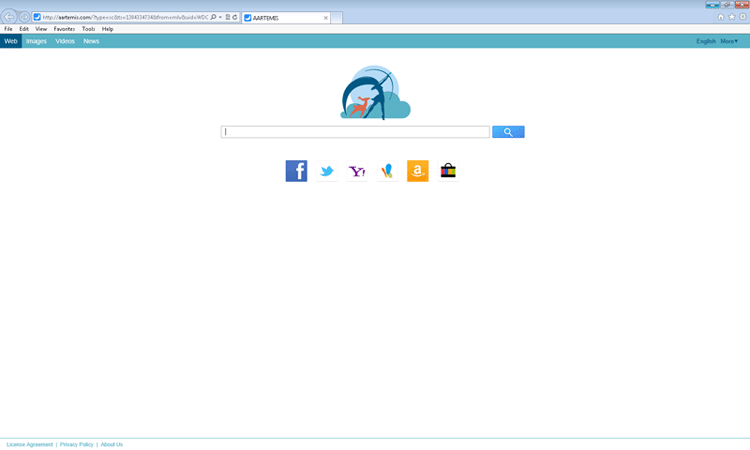Artemis Trojan
Table of Contents
What Is Artemis Trojan?

The Artemis Trojan is a dangerous computer infection that may have a wide scope of behavioral patterns, depending on what its operators want it to do. This malicious program can prevent computer users from using the affected computer effectively. It may also put severe restrictions on the computer user's privileges and prevents computer users from accessing or making changes to their files. If the Artemis Trojan is installed on a computer, the affected user will not be able to install or delete any new software.
The name "Artemis" is derived from the Greek goddess of hunting and nature, which is fitting since this type of malware can "hunt" its victims by disguising itself as legitimate programs or services in order to evade detection and move quickly through networks. Needless to say, that is also a staple Trojan behavior. The Artemis Trojan can spread quickly through networks, corrupting files on infected machines and stealing sensitive data.
Depending on what the malware operator needs, the Artemis Trojan may exhibit browser hijacker capabilities, which may prevent computer users from using their Web browser by constantly redirecting them to websites associated with the Trojan. The program can also collect data about the user’s activities, including passwords and credit card information which can then be used for financial gain or identity theft.
Security researchers have received reports that mistakenly refer to the Artemis Trojan as a "virus" and have confused the Artemis Trojan with low-quality websites of the same name or that use similar names (such as "Aartemis"). If the Artemis Trojan is already residing on your PC, you should take immediate steps to remove this threat at once. In most cases, a reputable malware removal program can help you delete the Artemis Trojan and other malware infections running on your PC.
Artemis Trojan Infection Symptoms
The Artemis Trojan may first manifest itself with suspicious pop-ups and erratic behavior on the affected Web browser (such as clicking noises or altered page loading times). Computer users may receive a pop-up window claiming that updating their Web browser or a program, such as a Java media player, is necessary. However, this fake update is a Trojan downloader that installs the Artemis Trojan on the affected computer. Many computer users may receive false positives involving the Artemis Trojan if they are using certain security programs.
This is a known issue because the Artemis Trojan shares various characteristics with other potentially unwanted programs. If ransomware operators use this infection, it could also spread through malicious links or attachments sent via email. In some cases, the infection might spread through malicious websites or infected removable media such as USB drives. Thus, if you are experiencing any of the symptoms mentioned above and you noticed unfamiliar apps in the list of installed programs in your Control Panel, there is a good chance that you are infected with malware.
How Do I Get Rid of Artemis Trojan?
If your computer is infected with the Artemis Trojan, it is important that you act quickly to remove the malware from your machine. The first step should be disconnecting your computer from the Internet to avoid further infection. Next, you should run a full system scan using trusted antivirus software to identify and delete any malicious files.
Fundamentally, the Artemis Trojan is a dangerous form of malware that can spread quickly through networks and steal sensitive data from infected machines. It is important to be aware of this threat and take steps to protect your computer against infection. This includes using trusted antivirus software, running regular system scans, and avoiding malicious links or attachments sent via email. By taking these steps, you can ensure that your computer and personal information remain safe from the threat of Artemis Trojan.


